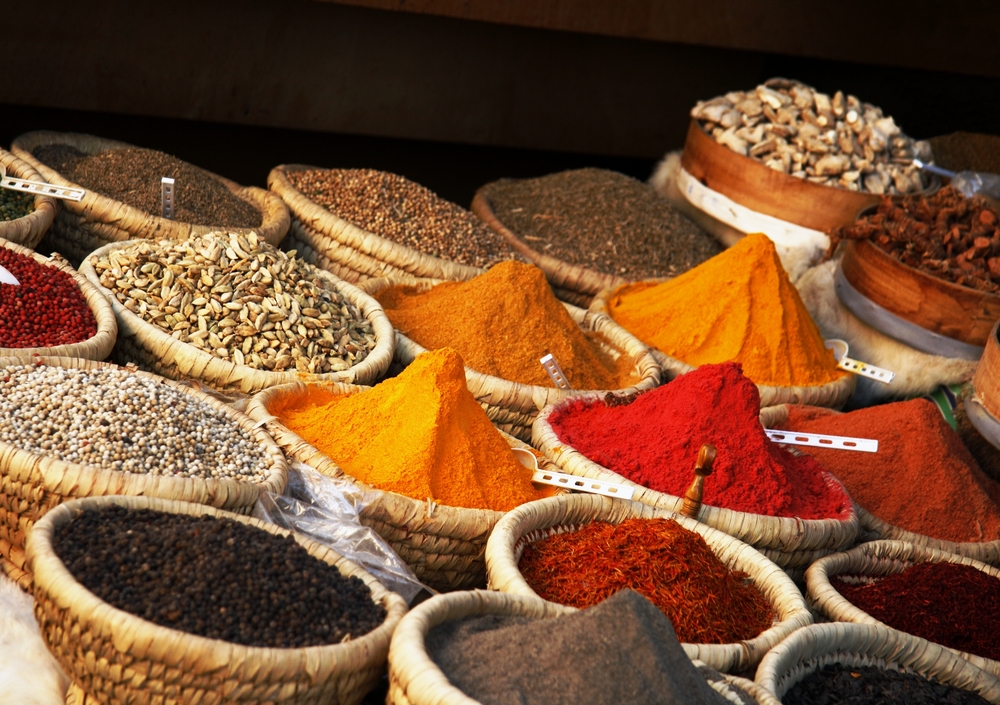Scientists have made a remarkable discovery about something that can heal the brain. It’s ancient and golden and probably in your pantry.
It’s turmeric, a spice commonly found in curry and according to new research it can boost the brain’s ability to repair itself by 80%.
In the everyday world, away from the brilliant glare of science, turmeric has been called the ‘spice for life’ and has had a place in healing for thousands of years.
A major bioactive compound in turmeric is curcumin, and research has shown that it is amazing for brain health, working in ways that are antioxidant, anti-inflammatory, antiviral, antibacterial, antifungal and anticancer. It has the potential to fight a number of malignant diseases, diabetes, allergies, arthritis, Alzheimer’s disease, and other chronic illnesses.
A remarkable study found that three patients with severe Alzheimer’s who consumed 764 milligrams of turmeric powder capsules over 12 weeks (100 mg/day of curcumin) ‘improved remarkably’. After three months of treatment, symptoms and the load on caregivers significantly decreased. All came to recognize their family within 1 year of treatment.
Recently, research conducted at the Institute of Neuroscience and Medicine in Germany found that a bioactive compound found in turmeric promotes stem cell proliferation and differentiation in the brain.
Researchers injected aromatic-turmerone (from turmeric) directly in the neutral stem cells of a rat’s brain. Rats are used in initial scientific experiments such as these because they have similar biological and genetic characteristics to humans.
When researchers later scanned the brain, they noticed that certain parts of the brain had increased in activity following the infusion. The infusions had increased the brain’s self-repair and recovery by 80%.
More trials are needed to establish whether or not the effects will translate to humans.
As explained by Adele Rueger, lead author of the study, “While several substances have been described to promote stem cell proliferation in the brain, fewer drugs additionally promote the differentiation of stem cells into neurons, which constitutes a major goal in regenerative medicine. Our findings on aromatic turmerone take us one step closer to achieving this goal.”
If further research demonstrates that turmeric has similar effects on the regenerative capabilities of the human brain, it could potentially advance treatments for neurodegenerative diseases such as Alzheimer’s, Parkinsons, multiple sclerosis, amyotrophic lateral sclerosis (ALS) and Huntington’s.
Any way you can incorporate turmeric into your diet will be good for you. It’s commonly used in curries and this has been used to explain why the rate of Alzheimer’s in India is significantly less than the rest of the world. Turmeric can also be added to soup, sauces, stews, stir-fries – anything.
So spice it up – whenever you can – your brain will love you for it.
[irp posts=”1375″ name=”Simple Ways to Supercharge Brain Health and Mental Performance”]



